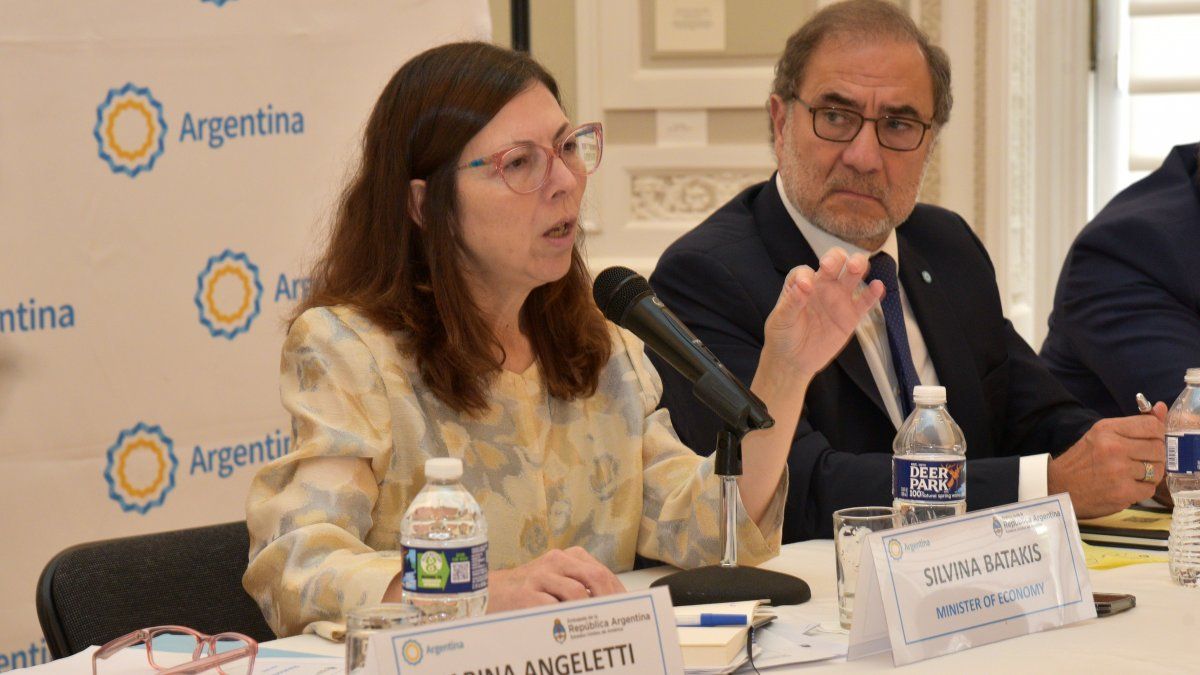In July, the Ministry of Economy anticipated with a debt swap in the first debt tender of the month and with this he managed to reduce the pressures for the maturities of this Friday.
Eugenio Marí, Chief Economist of the Fundación Libertad y Progreso, stated that in the second semester the Government will have greater problems to “rollover” the debt because it is a time of year when “there will be a lower international price of grains, there are high levels of country risk and higher inflation”. So far, the Ministry of Economy managed to finance maturities based on having accepted the payment of higher rates (of the order of 80%) by offering inflation-adjustable bonds or securities linked to the dollar. To this was added the intervention of the Central Bank to sustain the value of the bonds in the secondary markets and the creation of a scheme that works as an insurance in the event of a devaluation. All of this, according to Mari, “They are wild cards that were already played at the best time of the year”when the greatest harvest liquidation occurs.
On the other hand, there are the maturities with the International Monetary Fund (IMF). It is about US$442 million in August, US$2,675 million in September; US$2,622 million in October; US$420 million in November and US$2,675 million in December. Total they are US$8,934 million that are shod with disbursements from the agency. Batakis’ problem in this regard is meeting the numbers in the agreement to secure the dollars for repayment. Marí stated that “the Fund in this case is going to modify the quarterly goals and at the end of the year it will grant a waiver”, that is, a waiver. For Mari, the IMF “He wants to make it clear that if there is no compliance, it is the responsibility of Argentina.” Therefore, it will be shown as flexible as possible.
Other payments that lie ahead for the Government they are US$1,222 million of titles in foreign currency and some US$1,044 million with multilateral organizations and loanss bilateral. They are a total of US$2,266 million in foreign currency for which there would be no possibility of refinancing.
Secondly, the Treasury will have to return to the Central Bank transitory advances for the equivalent of US$6,914 million. Of these, US$2,005 million in October, US$862 in November and US$4,047 in December.
Ezequiel Zambaglione, Chief Economist of the Development Research Foundation (FIDE)the benchmark study center for developmentalism, pointed out that “the market is now a bit stabilized already”. For example, he indicated that “the Central Bank bought 20% of the debt” when he had to go out and defend the price of public securities in pesos. “It seems that there is a new equilibrium with a higher interest rate”so that in his opinion the Treasury “should not have major problems to renew the debt.”
Source: Ambito
David William is a talented author who has made a name for himself in the world of writing. He is a professional author who writes on a wide range of topics, from general interest to opinion news. David is currently working as a writer at 24 hours worlds where he brings his unique perspective and in-depth research to his articles, making them both informative and engaging.




